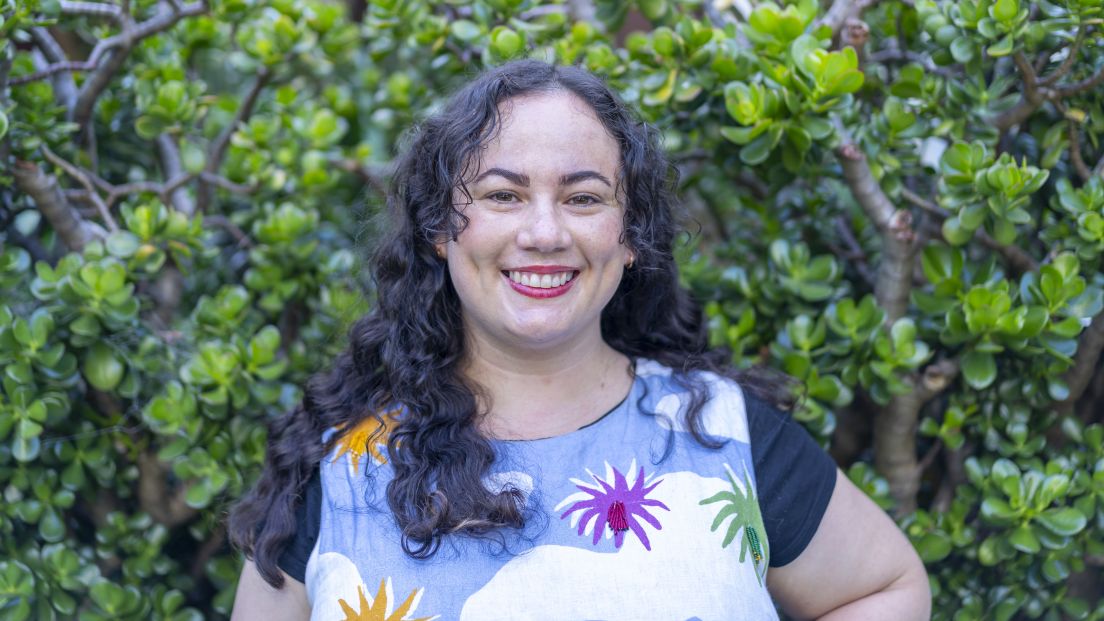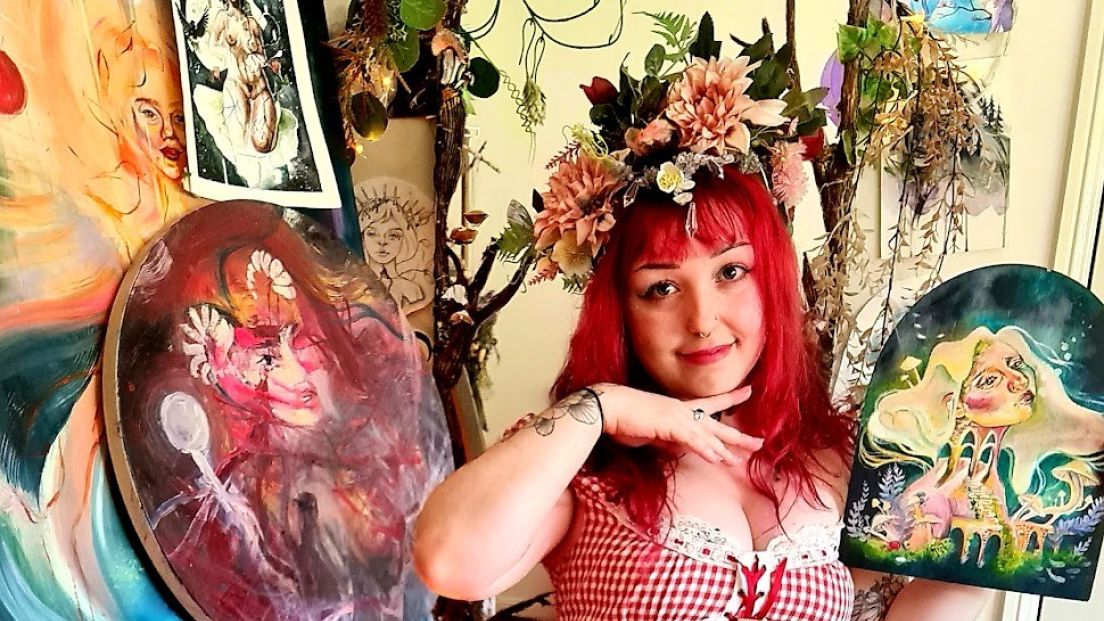Planning to travel this summer?
Changes to routine, new foods, crowds and noise may cause some children on the autism spectrum to feel overwhelmed or anxious, but with some planning and preparation, the journey and destination can create new and wonderful experience and memories for you and your child.
Here are some of our top tips for planning a trip with your child on the autism spectrum these holidays:
- Safety first
If your child is likely to wander, make sure to have a safety plan in place and discuss it with all family members or carers. The plan should include emergency contact phone numbers and may include a wearable ID or carrying an Autism Alert Card. - Create visual stories to provide some structure to the holiday
Include information such as: where you are going, what mode of transport you will take, how long it will take to get there, how long you will be away and the activities you’ll be doing. Show your child the story before you travel and encourage your child to ask questions about the trip and what they are looking forward to the most.
You may also want to check what visual stories are readily available online. Transport and travel organisations are increasingly starting to develop their own visual stories to help visitors understand what to expect. You can look at the organisation’s accessibility webpage to see what is available. - Plan extra time and keep to the schedule
Keep the itinerary simple and include some downtime or stops along the way. Where possible, stick to the schedule you had planned and the general routine. For instance, if your child prefers quiet afternoons, plan to do things in the morning and return to the house or hotel in the afternoon. With long queues, lost baggage and road trip traffic, plan ahead for delays that might cause the trip to take longer than expected, by taking along games or puzzles that your child can do while waiting. - Packing
Where possible, involve the child in what they may like to bring or have them assist with packing their bags. Don’t forget-medication, headphones, if worn, and special items from home – i.e. their favourite toy, books, snacks, or games. - Contact hotels and transport in advance
If you are travelling by plane or train or staying in a hotel, contact customer service in advance and ask what accommodations can be made, such as special meals or advanced boarding times.
The Hidden Disabilities Sunflower Scheme increasingly operates in major airports, public transport, museums, art galleries and zoos in Australia. Wearing the sunflower lanyard alerts trained staff that the person has a hidden disability and may require some additional time, support or understanding. You can find out which organisations provide and recognise the sunflower lanyard here.
Wishing you safe and fun travels and a great holiday!



